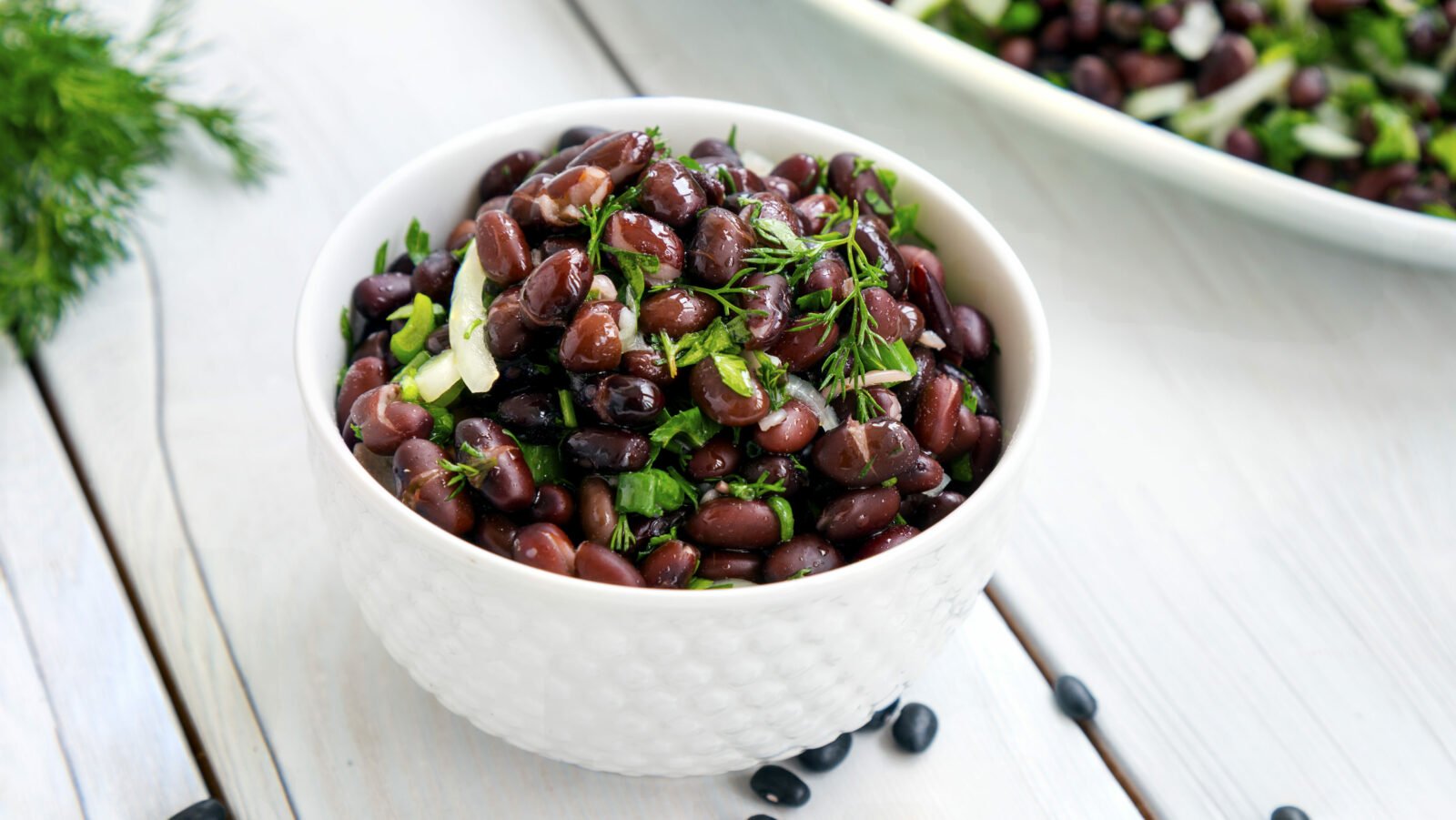The 14 Best Sources of Protein for Longevity
Plant-based foods are the foundation of the Mediterranean diet, one of the most researched dietary patterns regarding longevity. Plant-based proteins have several benefits over animal-based proteins.
Why? Well, unlike animal proteins, plant proteins contain dietary fiber. Fiber has many benefits, including helping to reduce LDL cholesterol and supporting a healthy gut.
Plant proteins do not contain cholesterol. Dietary cholesterol is only found in animal foods like eggs, meat, poultry, seafood, and dairy products.
Compared to animal proteins, plant proteins are low in saturated fats. Red meats like beef and pork and high-fat dairy products like cream can contain high amounts of saturated fat. A diet high in saturated fat is a risk factor for developing heart disease-related conditions like high cholesterol. Including more plant proteins in your diet can have beneficial effects on your overall health and support longevity.
Check out the next slides to find out which plant proteins are the best according to a Registered Dietitian.
Black Beans
Black beans are a common pantry staple and can be found dry or canned.
A ½ cup serving of black beans contains 7.5 grams of protein per half-cup serving and 15 grams of fiber!
Edamame
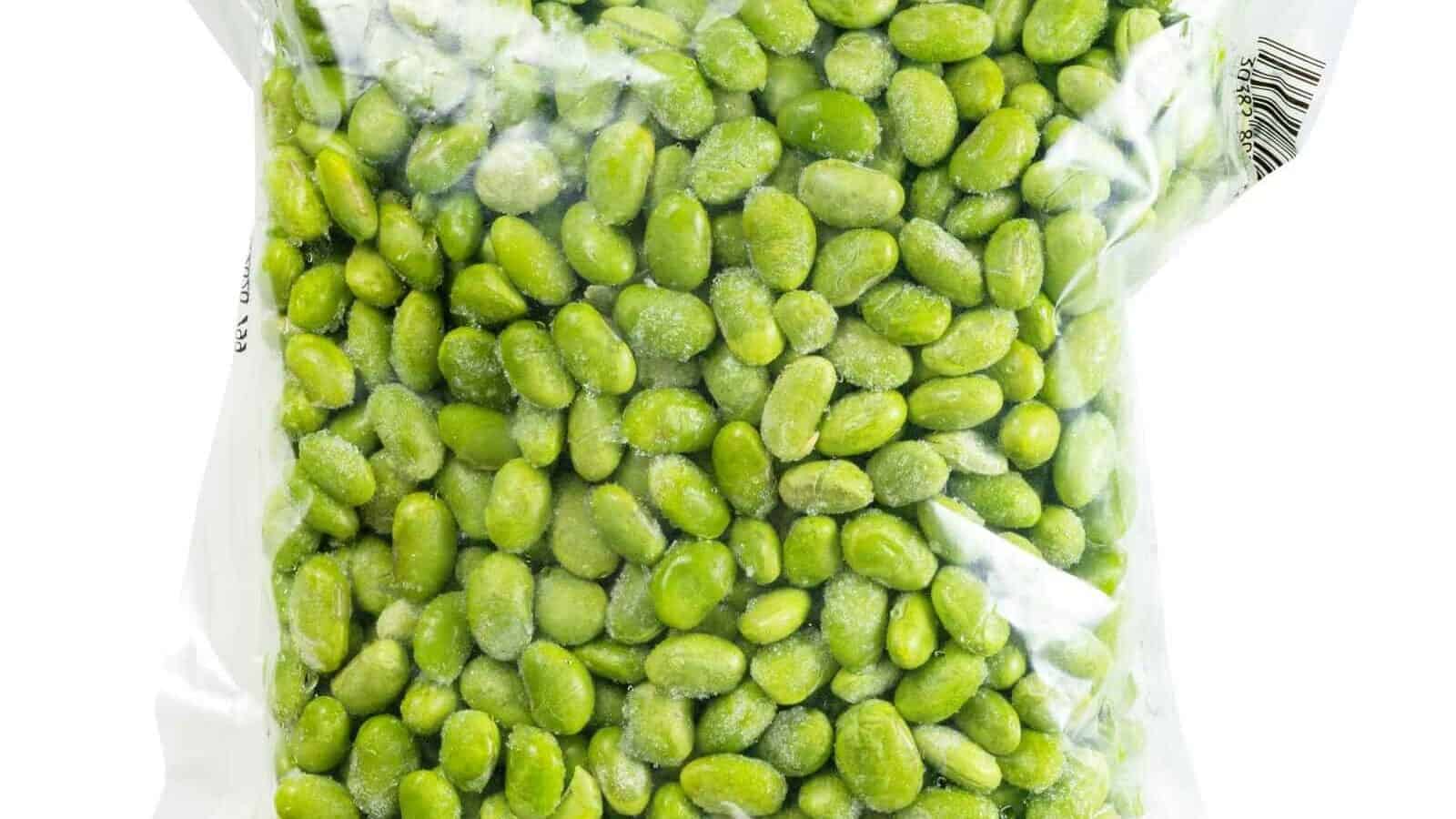
Edamame is an immature soybean and can be found frozen or fresh, either in the pod or shelled. A ½ cup serving of edamame beans contains 9 grams of protein per half-cup serving and 4 grams of fiber.
If you are new to cooking with edamame, try it in this rainbow salad recipe with edamame.
Tofu
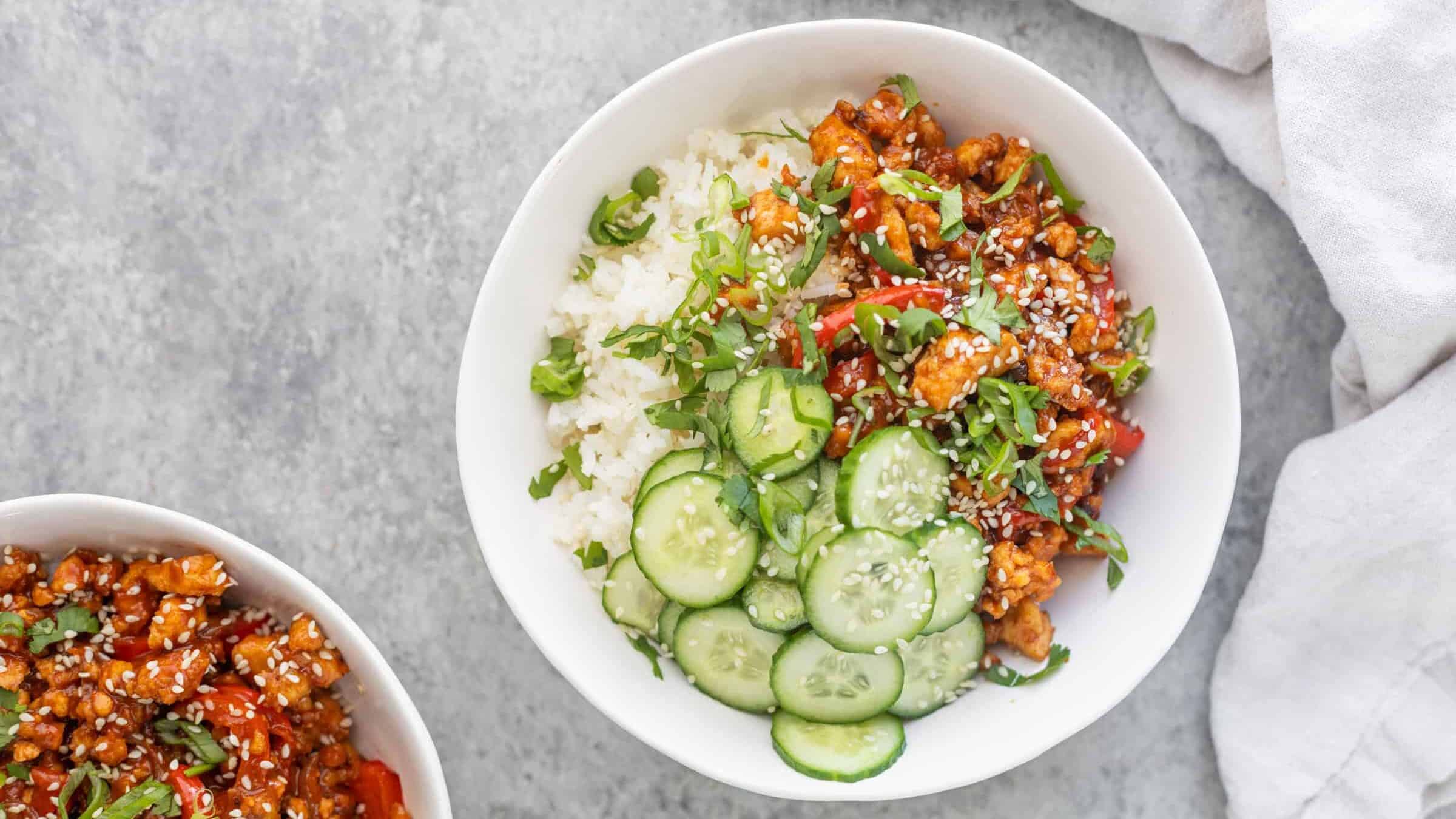
Tofu is made from coagulated and pressed soymilk and can be found in different textures such as firm or silken. A 3-ounce serving of extra-firm tofu contains 10 grams of protein and 2 grams of fiber.
Soy is considered a high-quality protein, providing all nine essential amino acids in amounts needed by the body. And, it can help support heaty health, may lower the risk of heart disease, and may improve bone health, and cognitive function.
Soy has also been shown to be protective against certain cancers, including breast cancer. Pretty amazing, right?
Nutritionally, it’s a good source of calcium, protein, essential fatty acids, potassium and folate.
Peanut Butter
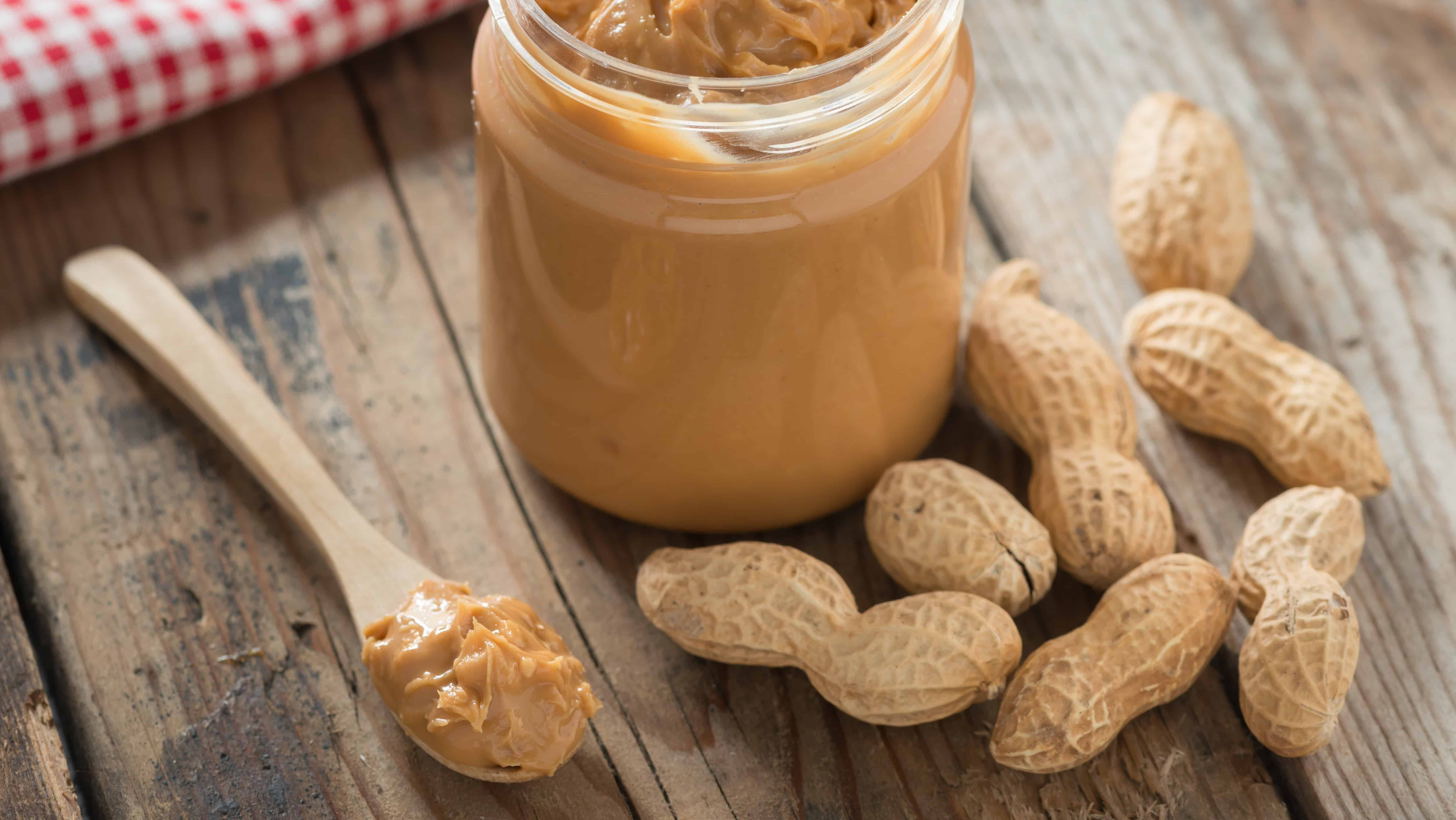
Peanut butter is another common pantry staple and can be found in sweetened or unsweetened natural varieties. A 2 tablespoon serving of peanut butter contains 8 grams of protein and 1.5 grams of fiber.
Peanut butter contains healthy unsaturated fats, fiber, and an array of vitamins and minerals like vitamin E, magnesium, and potassium – nutrients that are important for longevity. The combination of protein, healthy fats, and fiber in peanut butter can help promote feelings of fullness and stable blood sugar levels.
Almonds
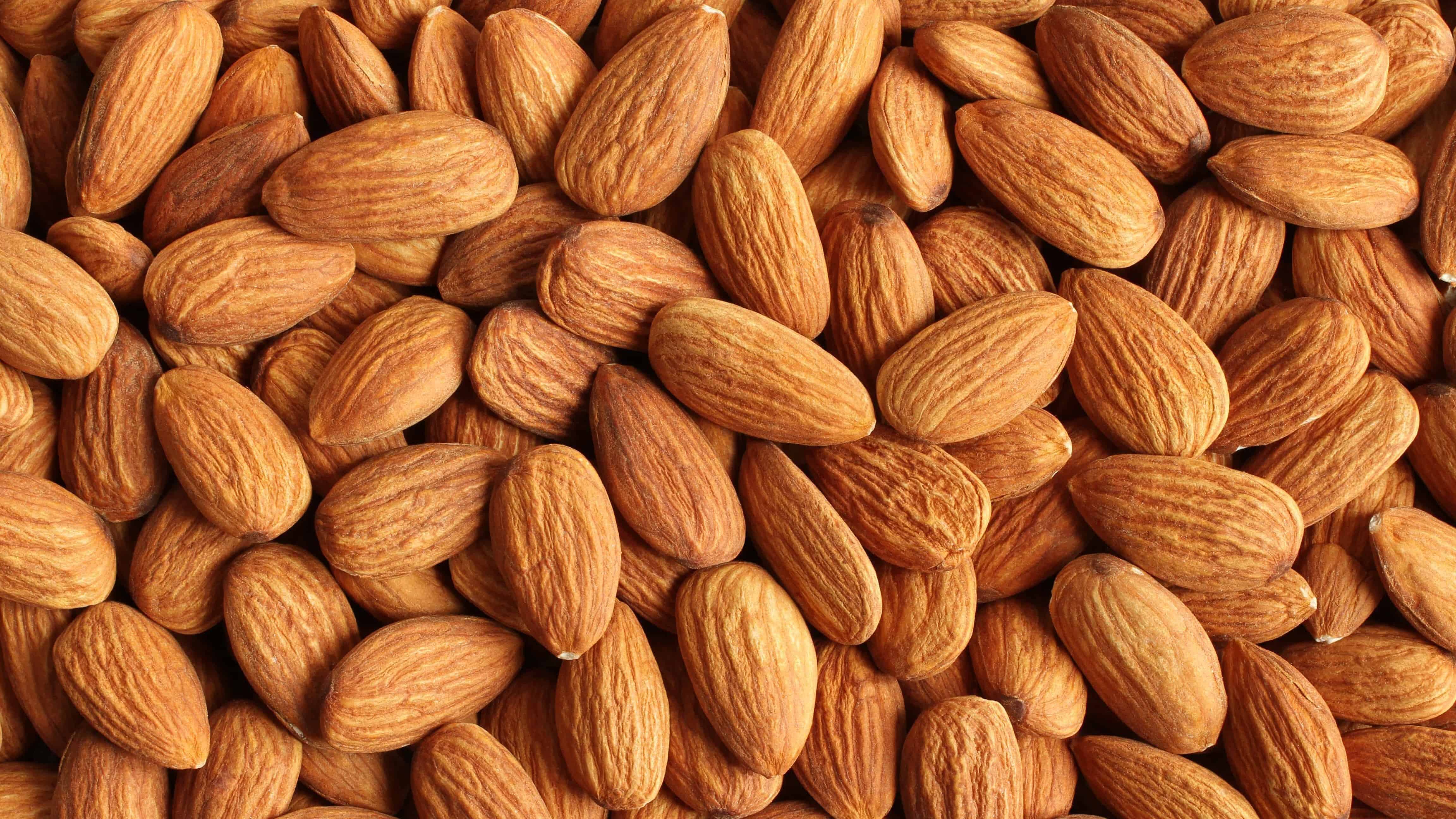
Almonds are a great nut to include as a snack. A 1-ounce serving of almonds contains 6 grams of protein and 3.5 grams of fiber.
Hemp Seeds
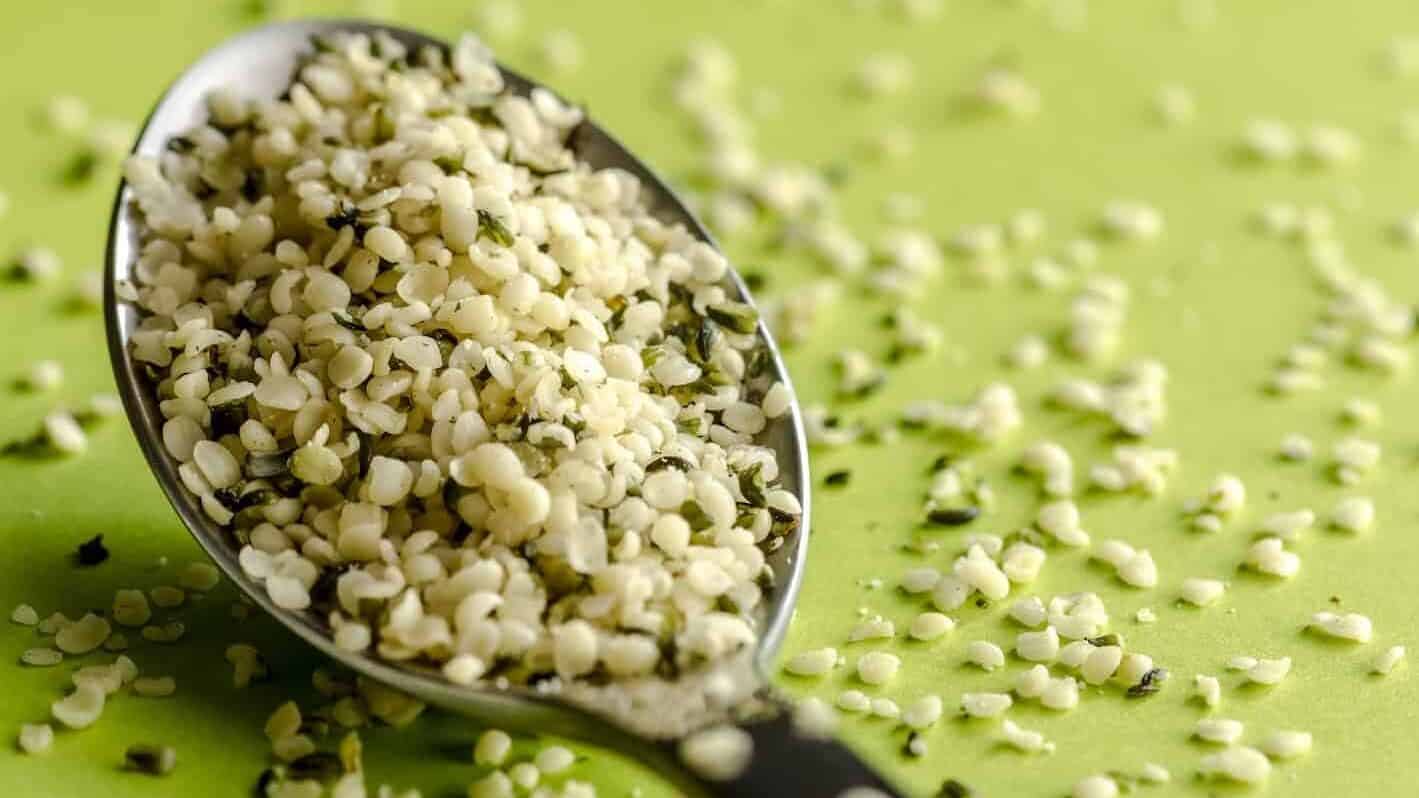
Hemp seeds have an impressive nutrition profile with a 3-tablespoon serving containing 10 grams of protein and 1 gram of fiber and are a great source of omega-3 fats.
The balanced ratio of omega fatty acids in hemp seeds may help reduce inflammation and support heart and brain health into older age.
Salmon

Salmon is rich in omega-3 fatty acids, specifically eicosapentaenoic acid (EPA) and docosahexaenoic acid (DHA). These healthy fats have been linked to a reduced risk of chronic diseases like heart disease, cancer, and Alzheimer’s disease, all of which can affect longevity.
Some research suggests that the omega-3 fatty acids in salmon may help preserve brain function and cognitive abilities as we age, which can contribute to a higher quality of life and independence in older age. The combination of omega-3s, protein, and other nutrients in salmon may help reduce the risk of cardiovascular diseases, which are a leading cause of mortality worldwide.
Tempeh
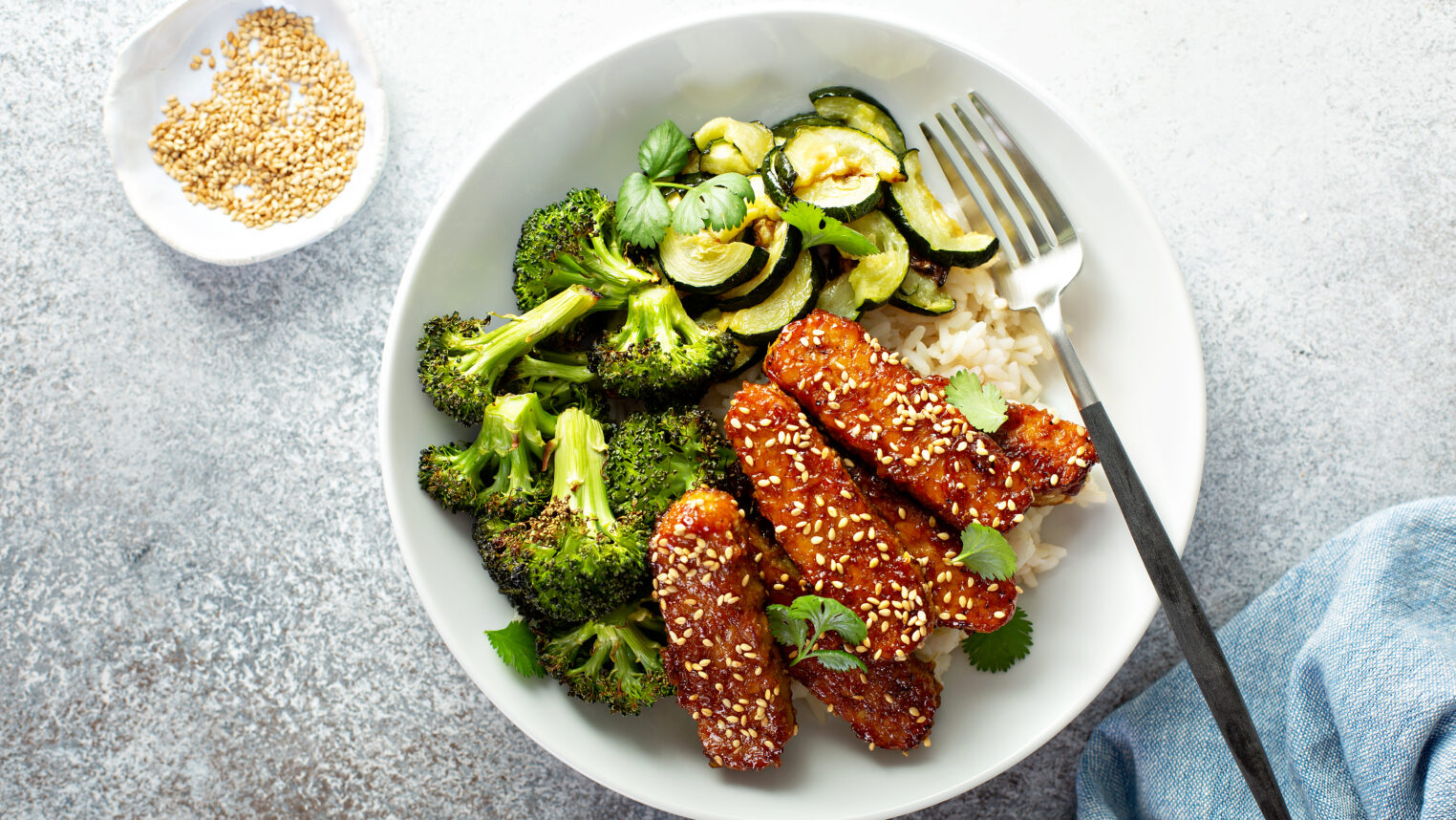
Tempeh is made from fermented soybeans that are compressed into a firm block. A 3-ounce serving of tempeh contains an impressive 16 grams of protein and 7 grams of fiber.
Tempeh is made from fermented soybeans, which provides a complete source of high-quality plant-based protein. Adequate protein intake is essential for maintaining muscle mass, strength, and overall health as we age.
Unlike some animal-based protein sources, tempeh is low in saturated fat, which can contribute to a lower risk of cardiovascular disease and other age-related health issues.
Sunflower Seeds
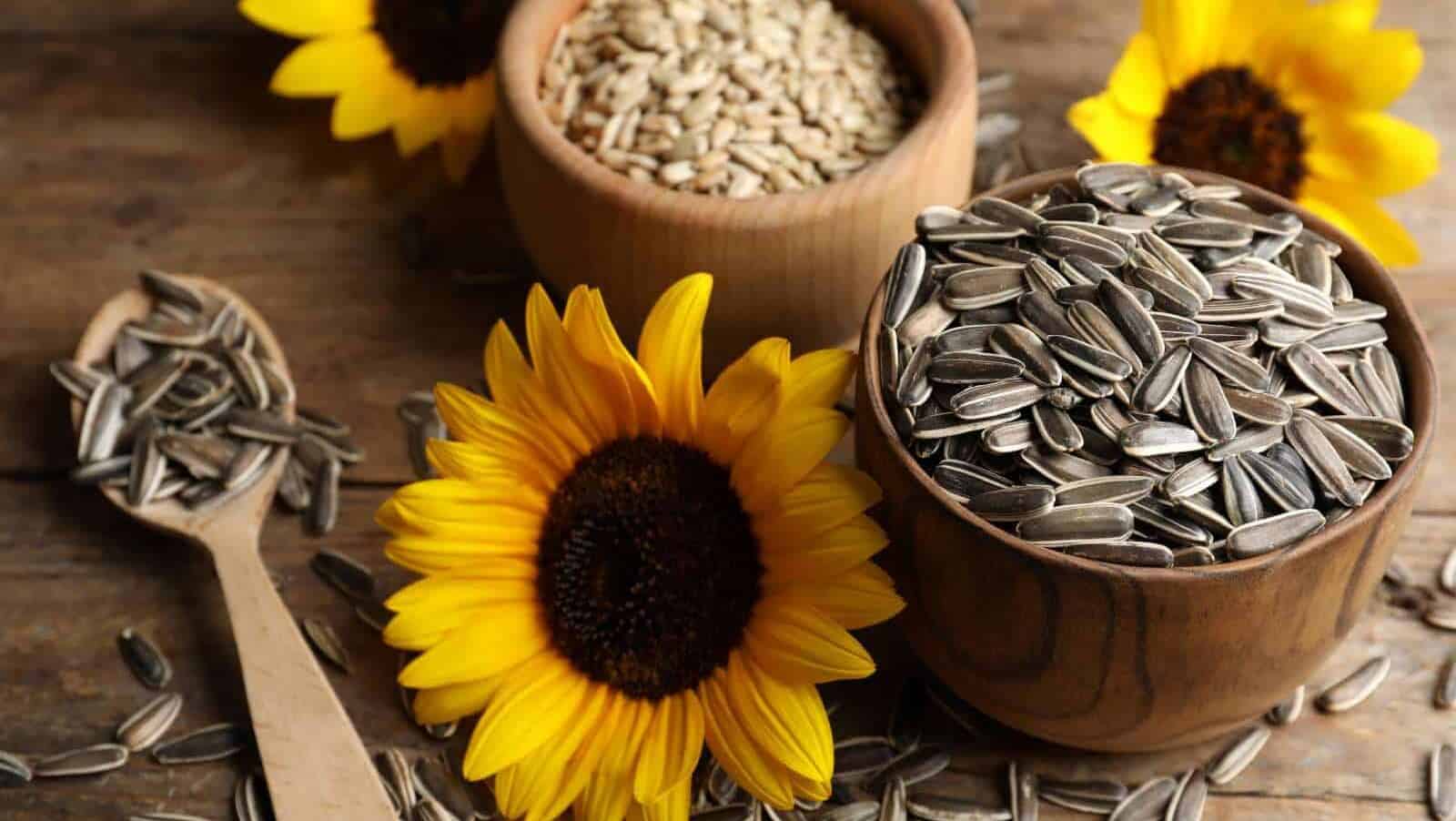
Sunflower seeds are an excellent option for those with peanut and tree nut allergies. A ¼ cup serving of sunflower seeds contains 6 grams of protein and 3 grams of fiber.
Quinoa
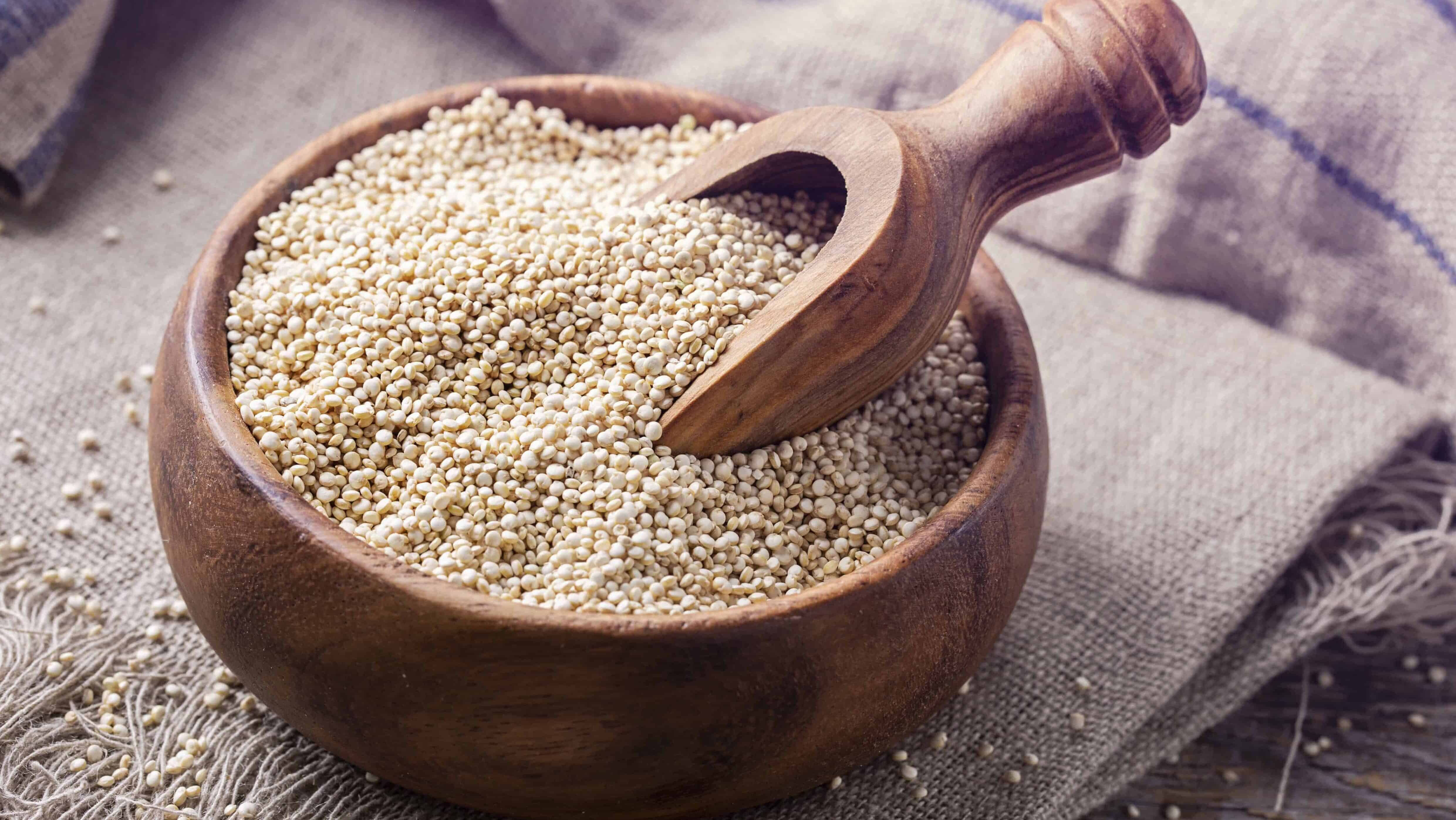
Quinoa is technically a seed but cooks like a grain. A 1-cup serving of cooked quinoa contains 8 grams of protein and 6 grams of fiber.
Quinoa is an excellent plant-based source of high-quality, complete protein, providing all nine essential amino acids our bodies need. This makes quinoa a valuable protein option for supporting muscle health and preventing age-related muscle loss as we get older.
Additionally, quinoa is rich in fiber, antioxidants, and beneficial plant compounds like quercetin and kaempferol, which may help reduce inflammation and protect against chronic diseases associated with aging.
Whole Wheat Pasta
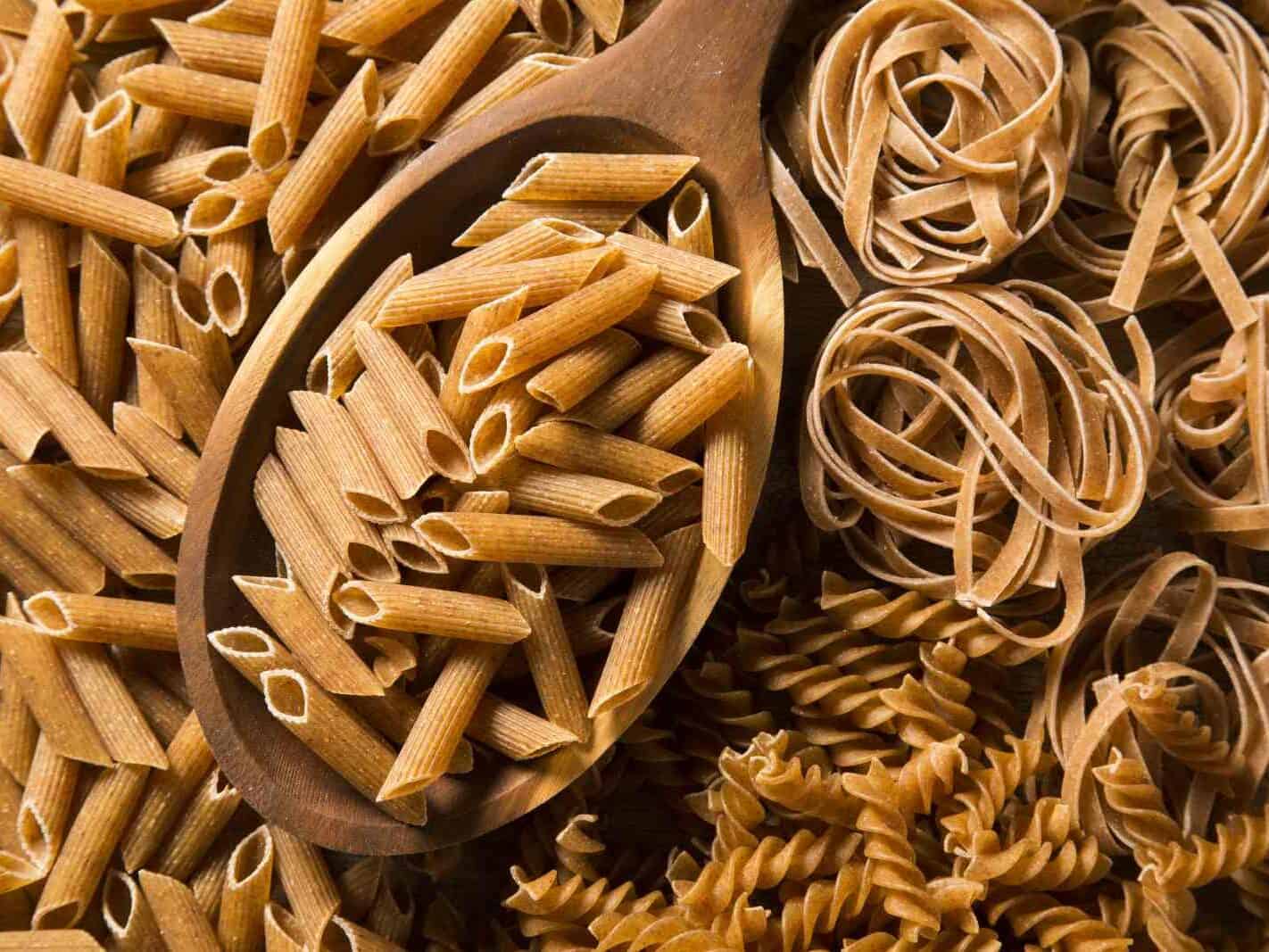
Yes, pasta contains protein too! A ⅔ cup dried serving of whole wheat pasta contains 6 grams of protein and 6 grams of fiber.
The fiber in whole wheat pasta promotes healthy digestion and may help reduce the risk of certain age-related diseases like heart disease, diabetes, and some cancers.
When incorporated into an overall balanced diet rich in lean proteins, fruits, vegetables, and healthy fats, whole wheat pasta can be a longevity-promoting choice by delivering satiating protein along with essential nutrients that support lifelong health.
Soy Milk
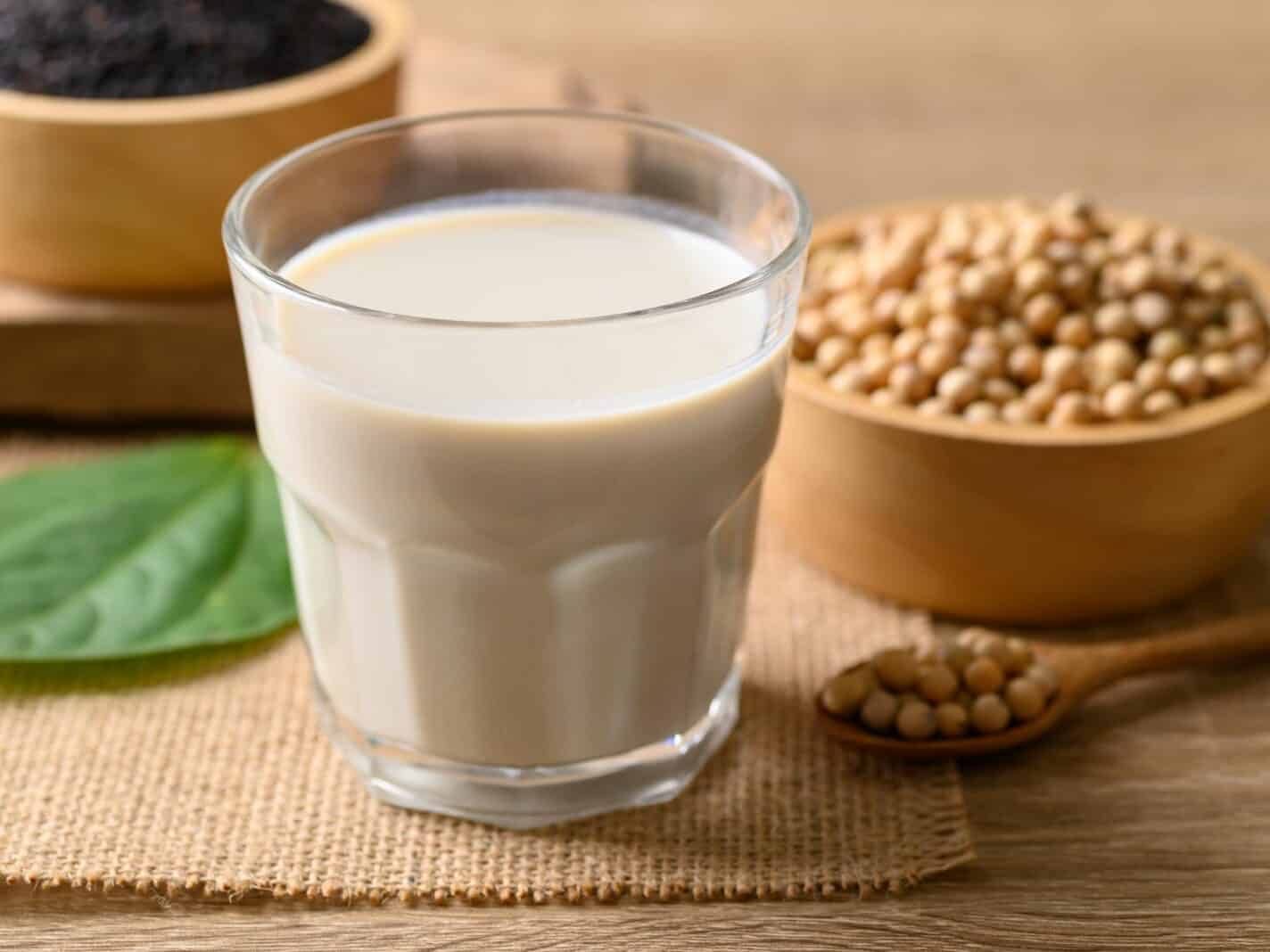
Soy milk has the most similar nutritional profile compared to dairy milk. A 1-cup serving of soy milk contains 8 grams of protein and 2 grams of fiber.
Additionally, soy milk contains isoflavones, which are antioxidant compounds that may help protect against age-related diseases like cancer, heart disease, and osteoporosis. The healthy fats found in soy milk, like omega-3 and omega-6 fatty acids, also promote longevity by reducing inflammation and supporting brain and heart health.
Lentils
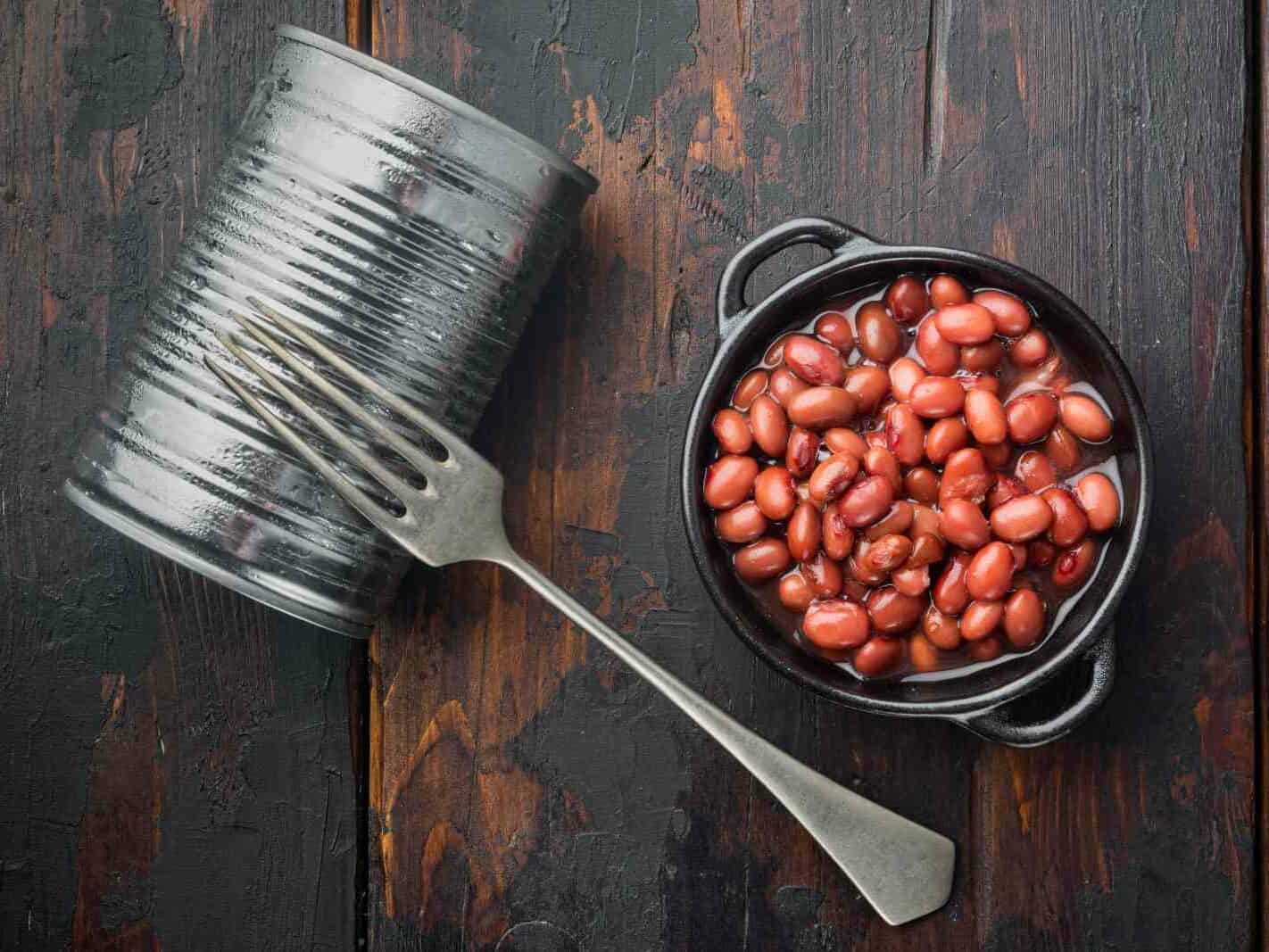
Lentils are another great pantry staple and can be found dry or canned. A ½ cup serving of lentils contains 9 grams of protein and 8 grams of fiber.
Lentils are also packed with fiber, which supports healthy digestion and may reduce the risk of certain age-related diseases like heart disease, diabetes, and some cancers.
As a low-fat, high-fiber food, lentils can promote longevity by helping to maintain a healthy weight and provide steady energy. When incorporated into a balanced, nutrient-dense diet, these protein-packed legumes offer valuable nutrients that may extend healthspan and lifespan.


